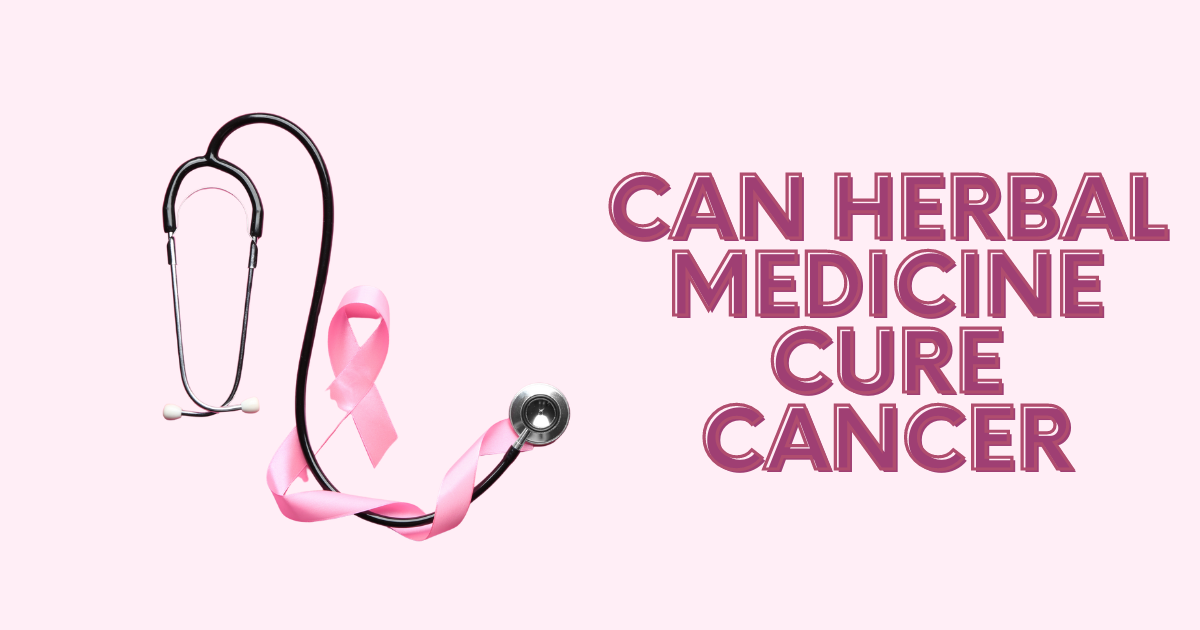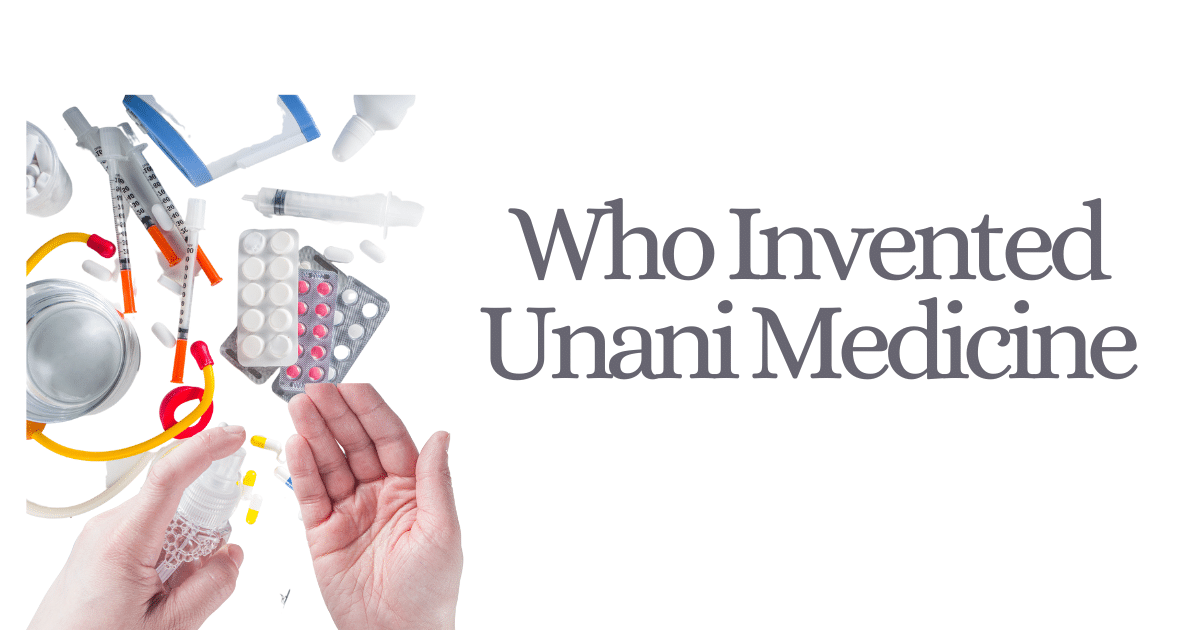Which Herbal Medicine Is Used To Treat High Blood Pressure

Hypertension, another name for high blood pressure, is a common medical condition that, if ignored, can have major consequences. While doctors frequently prescribe pharmaceuticals to regulate blood pressure, some look for alternative treatments, such as herbal medicine. We’ll look at herbal treatments in this blog post that can assist in the control of high blood pressure. It’s important to remember that herbal remedies should not be taken in place of prescription drugs; rather, they should be used in conjunction with medical advice.
Knowing What High Blood Pressure Is
High blood pressure results when there is a constant force of blood against the artery walls. Heart disease, stroke, and other health issues may become more likely due to this condition’s strain on the heart and blood vessels. Modest lifestyle adjustments, including eating a balanced diet and exercising frequently, are important for controlling blood pressure. Herbal treatments can support these adjustments.
Herbal Treatments for Hypertension
Crataegus oxyacantha, or hawthorn:
One well-known herb for heart health is hawthorn. It is thought to widen blood arteries and enhance blood flow, possibly lowering blood pressure. Several kinds of hawthorn supplements are on the market, such as capsules, tinctures, and teas.
Allium sativum, or garlic:
Because of its beneficial effects on the heart, garlic has been utilized in traditional medicine for generations. According to studies, garlic may help lower blood pressure by relaxing blood arteries and lowering cholesterol. One option is to use supplements containing fresh garlic.
Olea europaea, or olive leaf:
Oleuropein-containing substances found in olive leaf extract may have hypotensive properties. According to some research, olive leaf extract helps lower blood pressure by widening the arteries.
Cinnamomum cassia, or cinnamon:
Well-known for adding taste to food, cinnamon may help lower blood pressure. It is believed to lower blood pressure and enhance blood vessel function. Including cinnamon in your diet or taking it as a supplement might be advantageous.
Linum usitatissimum, or flaxseed:
Alpha-linolenic acid, an omega-3 fatty acid found in abundance in flaxseed, may have a hypotensive impact. You may add ground flaxseed to smoothies and porridge, among other things.
In summary
Herbal medications may be used in addition to conventional methods to treat high blood pressure. It’s important to remember, though, that each person may react differently to these treatments and that they shouldn’t take the place of prescription drugs or medical guidance. Before including herbal remedies in your plan to manage your hypertension, always get medical advice.
A comprehensive strategy for managing blood pressure usually consists of a mix of lifestyle modifications, such as eating a heart-healthy diet, getting regular exercise, practicing stress management, and, if required, using prescription drugs. When applied correctly and in concert with other lifestyle changes, herbal therapies can help you on your path to improved blood pressure management.
Ultimately, improving your heart health should be a personalized journey directed by medical professionals who can create a plan that works for you. To preserve your well-being, managing high blood pressure—a serious condition—requires a thorough and evidence-based strategy.




